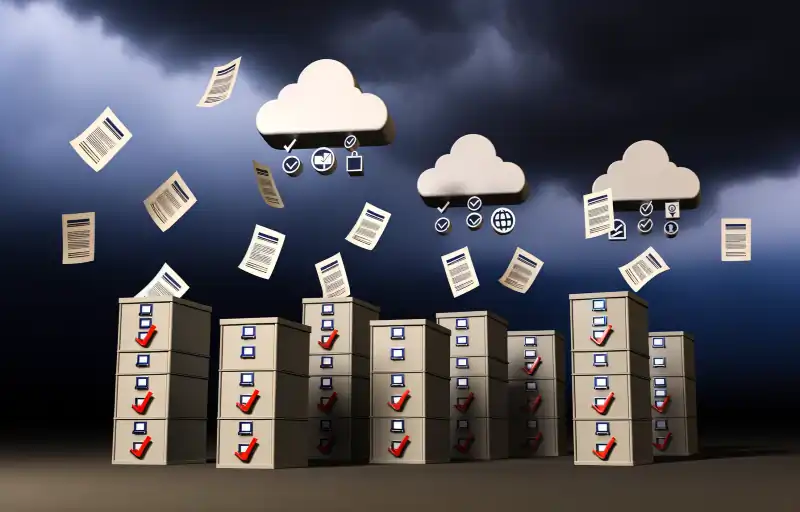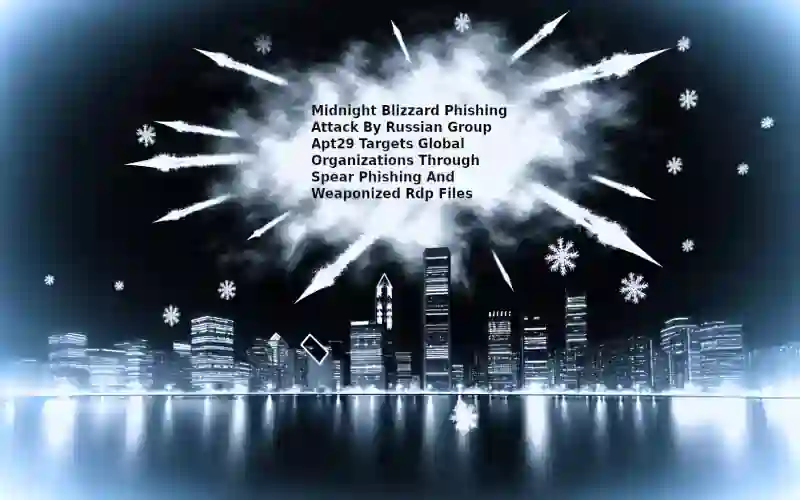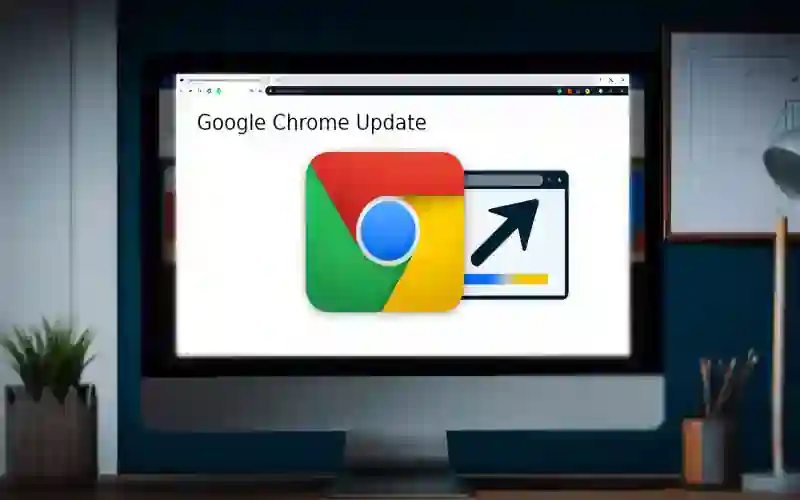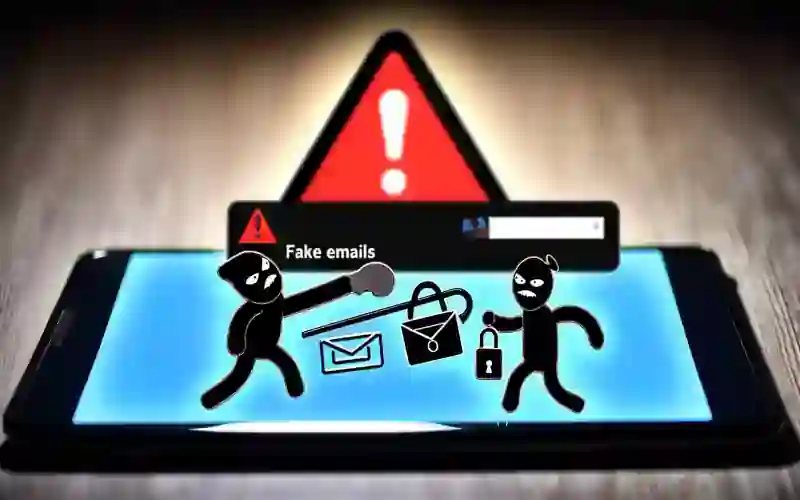
“Exposed: 4.6 Million Documents Unveiled in Massive Voter Data Breach, Highlighting Critical Flaws in U.S. Election Security”
The Impact of Data Breaches on Voter Privacy and Election Security
Cybersecurity researcher Jeremiah Fowler uncovered a massive data breach involving 13 non-password-protected databases that contained a staggering 4.6 million documents, including sensitive voter records and election-related documents. This discovery not only highlights the vulnerabilities in our digital defenses but also casts a long shadow over the integrity of election security in the United States.
The compromised databases were not hidden away in the dark corners of the internet but were instead openly accessible, raising serious questions about the oversight and management of sensitive information. All physical addresses linked to these records were traced back to a single county in Illinois, suggesting a localized point of entry that could potentially be mirrored across other regions. Fowler’s investigative prowess led him to experiment with the database names by altering the county names, which alarmingly resulted in identifying additional vulnerable databases.
Among the exposed data were .csv documents that detailed lists of active or available voters, absentee ballots, early mail-in voting records, and even records of duplicate voters. The breach becomes particularly concerning considering some of these documents were labeled as “voter records” and included highly sensitive personal information such as full names, physical addresses, email addresses, dates of birth, and even Social Security and driver’s license numbers.
Further digging into the contents of these databases revealed more than just voter information; there were voter registration applications, death certificates, change of address records, and candidate documents complete with personal contact details. The depth of this exposure suggest a systemic failure to secure data that is fundamental to the democratic process.
Upon tracing the ownership of these datasets, Fowler suspected that the issue might extend beyond a single county. His suspicions led him to discover that multiple counties had contracts with Platinum Technology Resource, a provider of various election-related services. This connection points to a broader network of potential vulnerabilities that could affect numerous jurisdictions.
The implications of such breaches are profound. They not only jeopardize individual privacy but also threaten the sanctity of our electoral processes. Voters entrust their personal information to what they believe is a secure system that upholds not just their privacy but also the very essence of democracy. When this trust is breached, it undermines public confidence in electoral systems, potentially deterring voter participation and skewing democratic processes.
Moreover, the exposure of such detailed voter information can lead to targeted disinformation campaigns and voting fraud, further eroding the integrity of elections. It is crucial for election officials and service providers like Platinum Technology Resource to address these vulnerabilities promptly and decisively.
In response to these findings, immediate actions are necessary from all stakeholders involved. Election authorities must reassess their data management and security protocols, ensuring that all databases are protected against unauthorized access. It is also imperative for them to engage with cybersecurity experts to fortify their systems against such breaches in the future.














